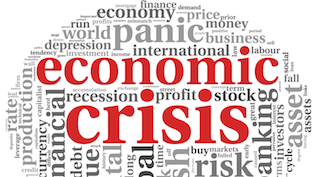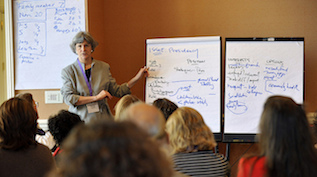Be Fearless: The 5 Core Principles
Posted on May 5, 2015 by Case Foundation

Those charged with finding or funding solutions to social challenges — philanthropists, government, nonprofits — seem to be moving too slowly and often operating with the same set of tools, concepts and caution of the generations before us. To tackle today's big and ever-changing social challenges, we have to Be Fearless… Read More









